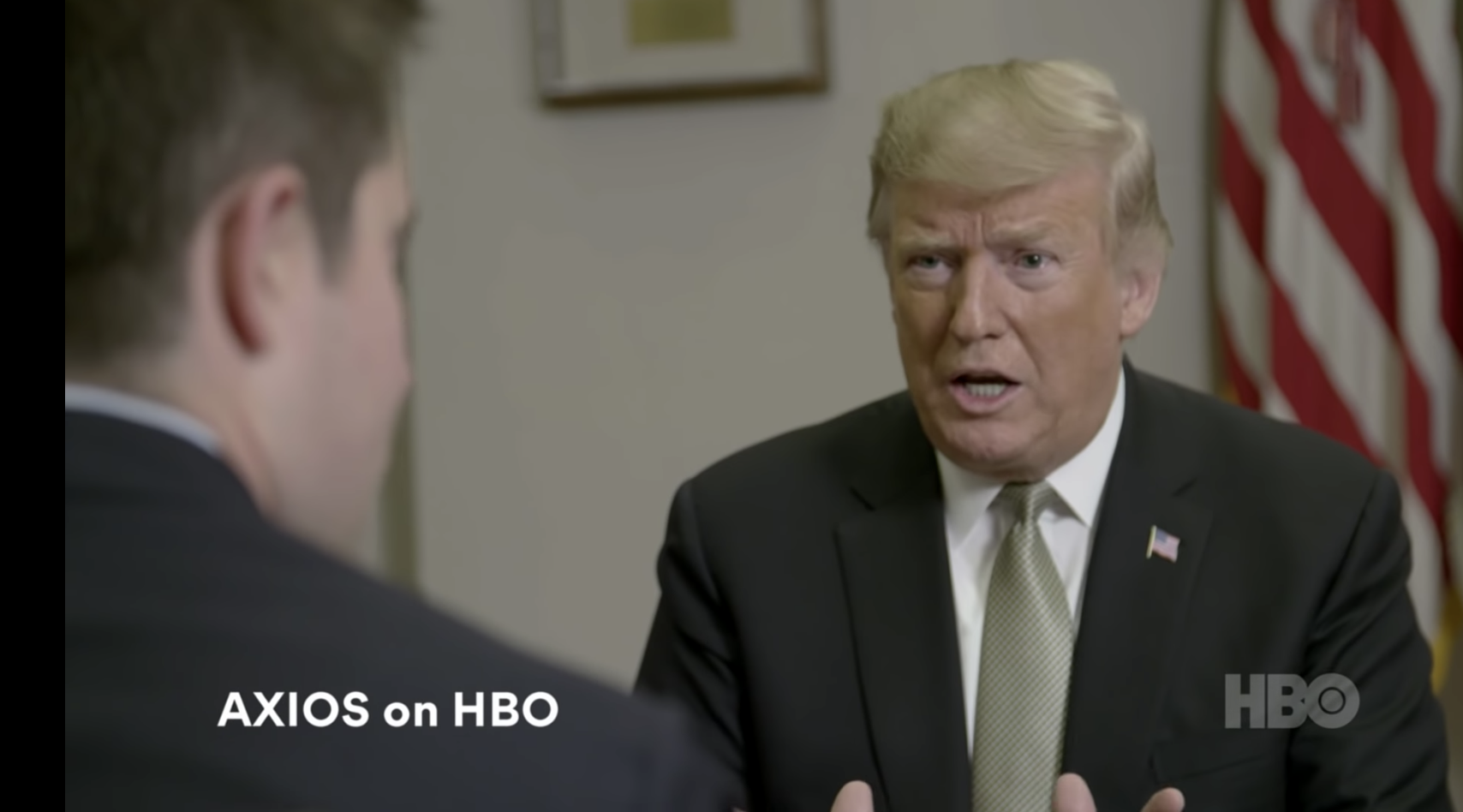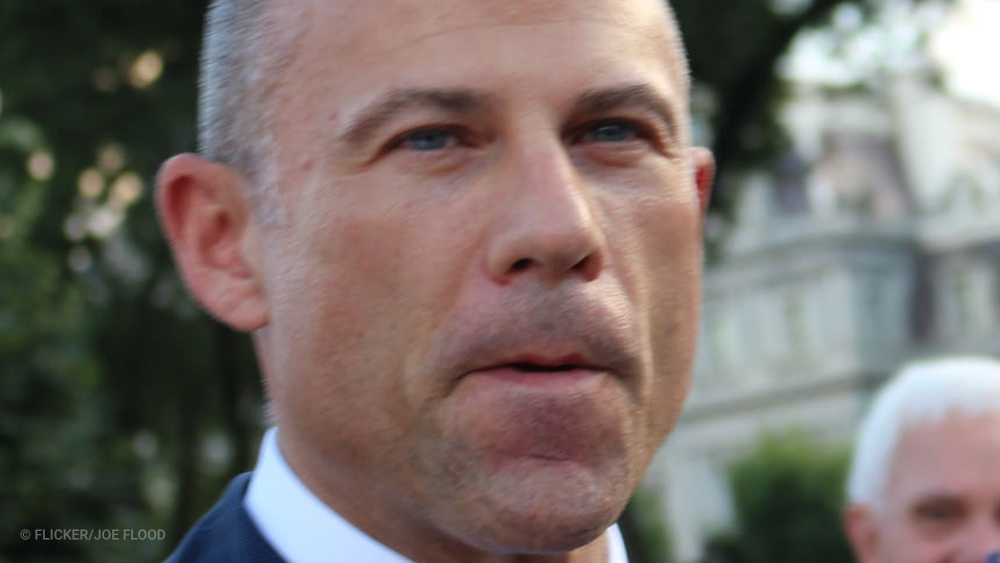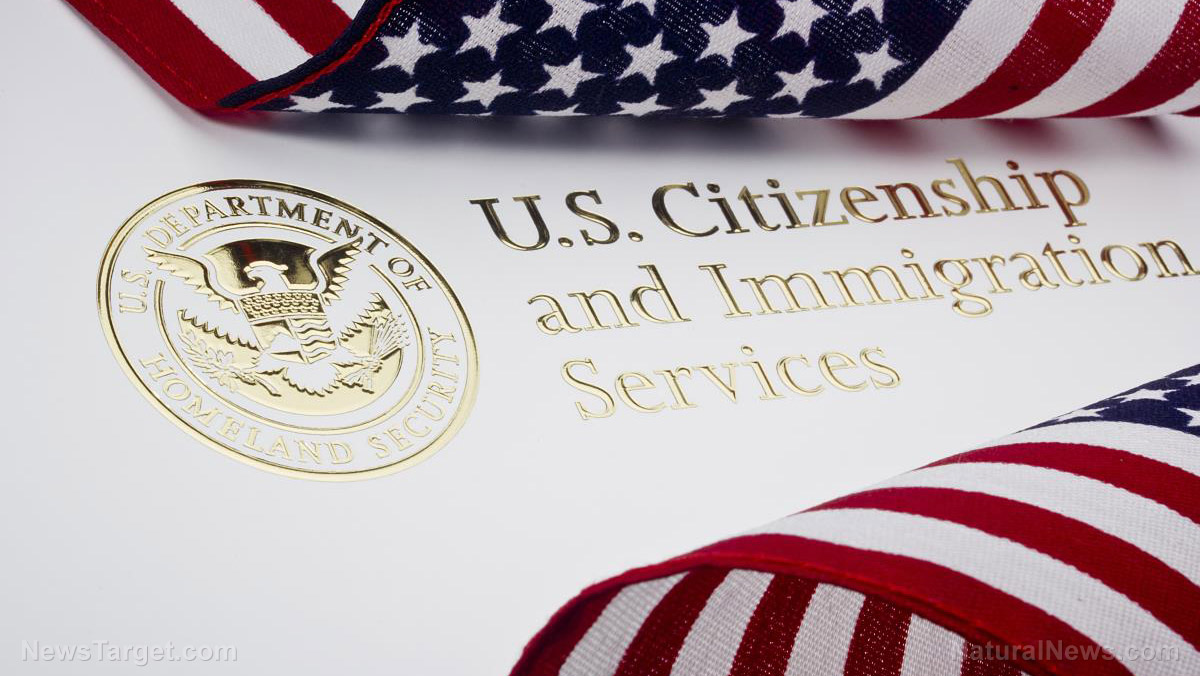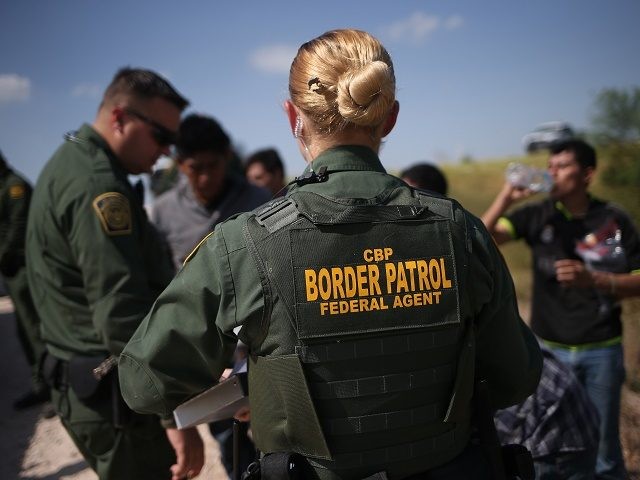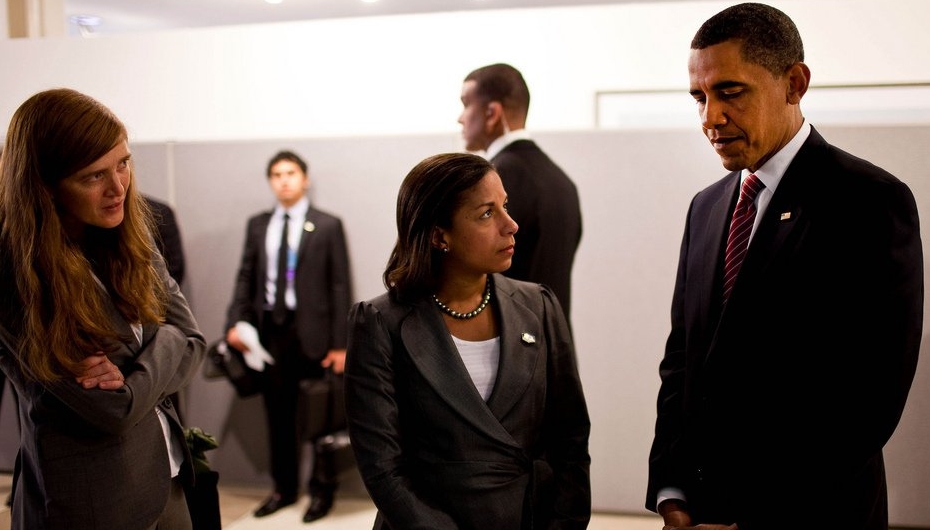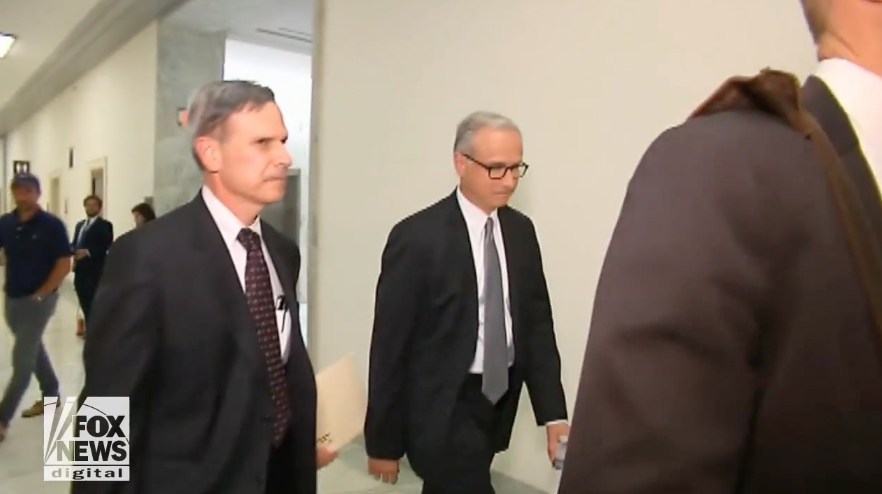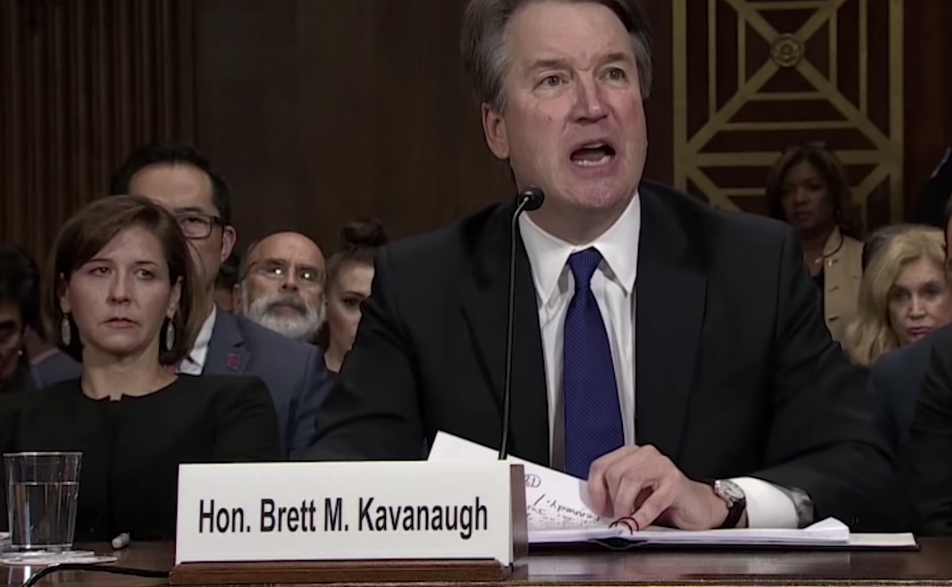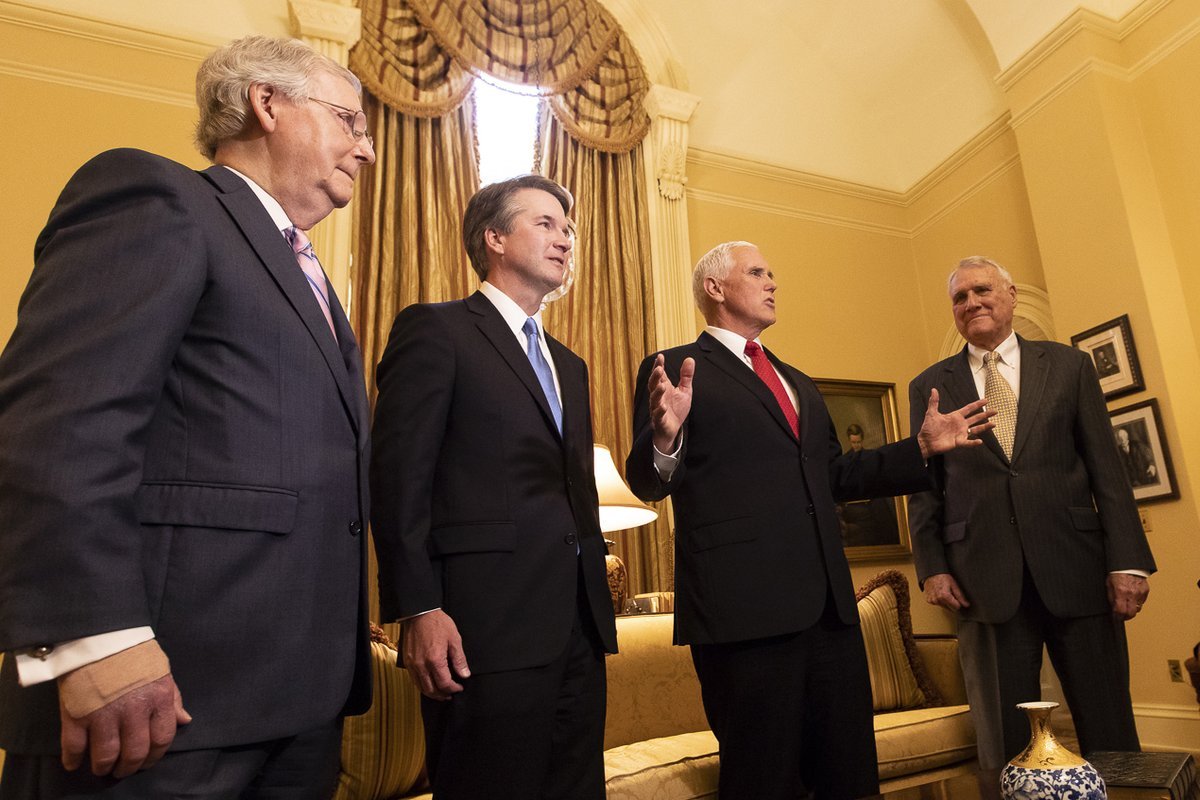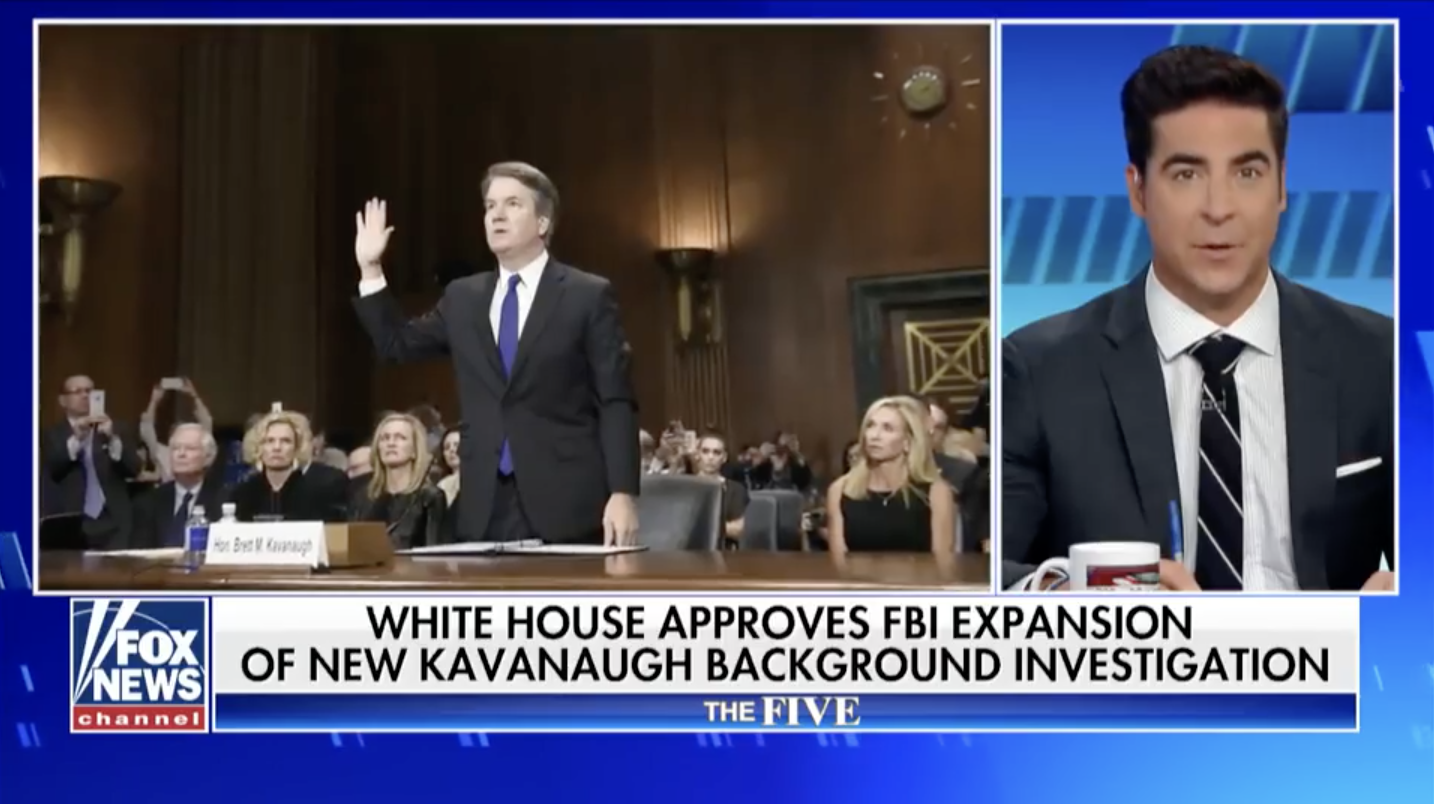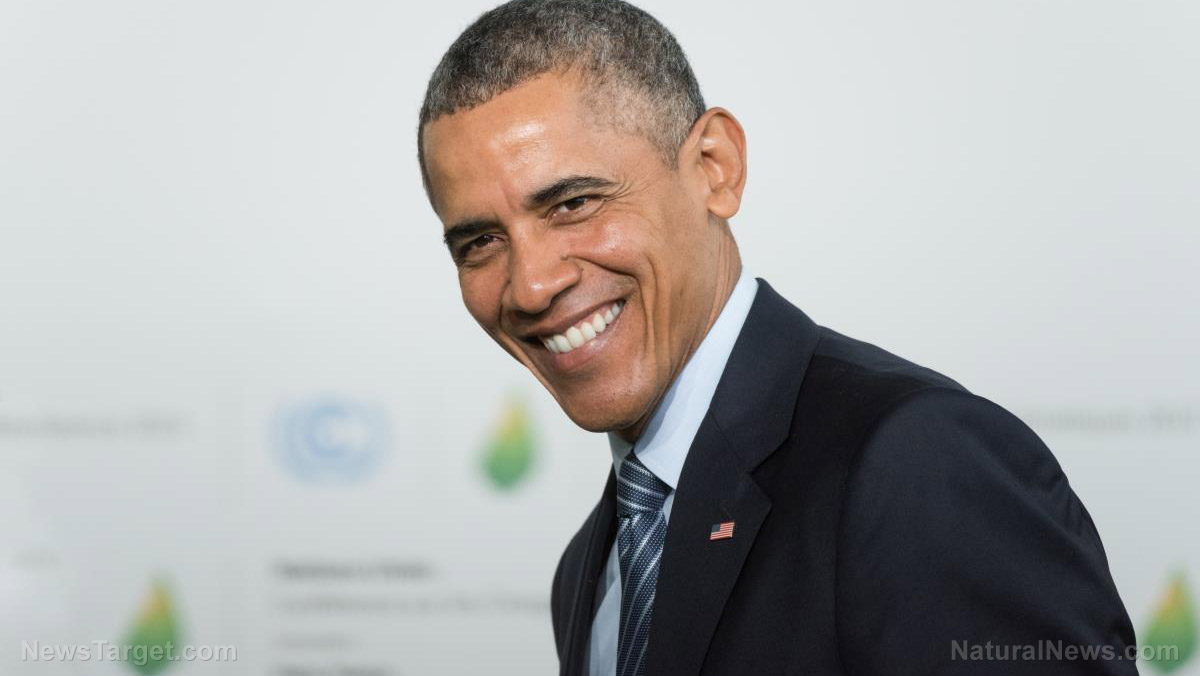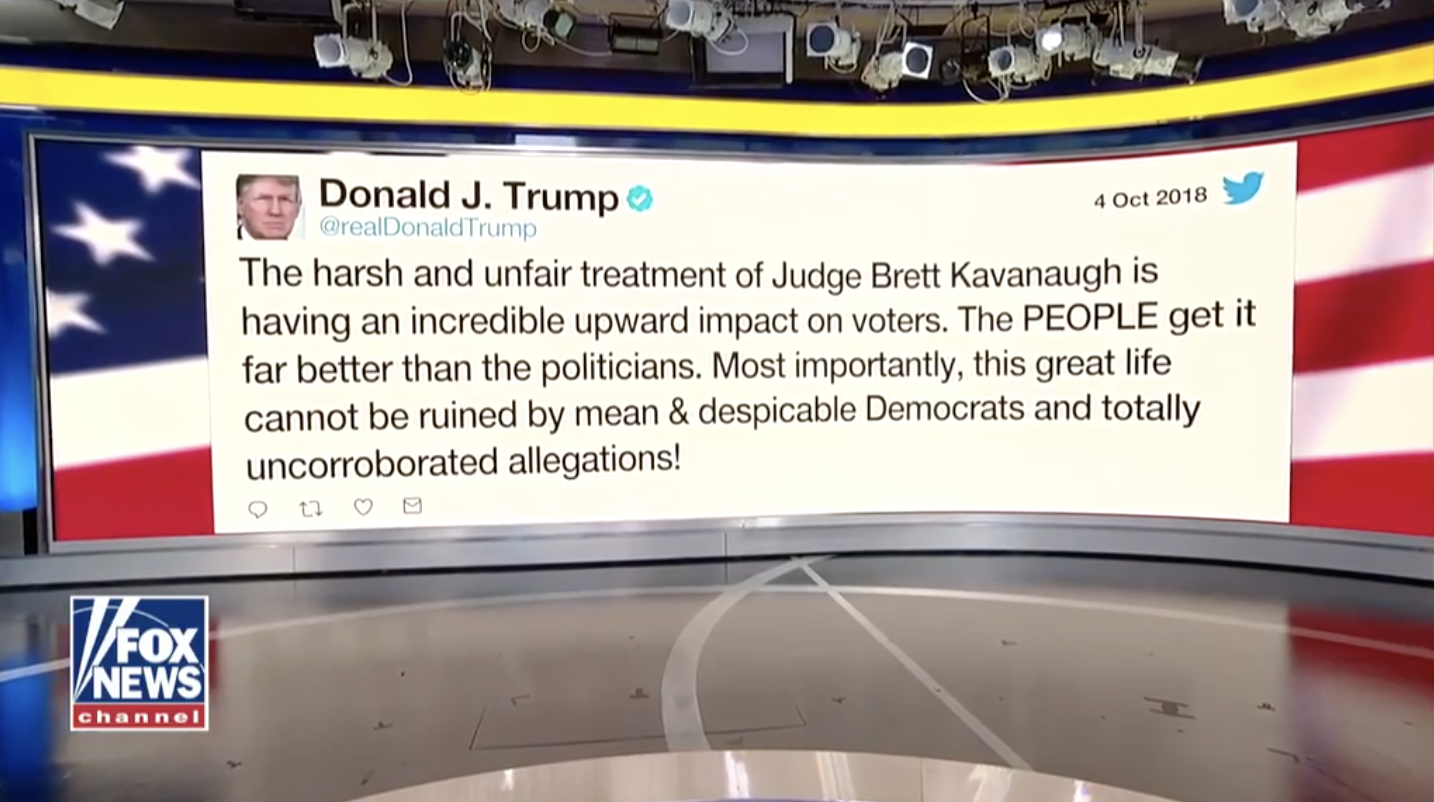Supreme Court backs TRUMP over travel ban, slapping down lower federal courts and dishonest media that claimed he didn’t have the authority
06/26/2017 / By JD Heyes
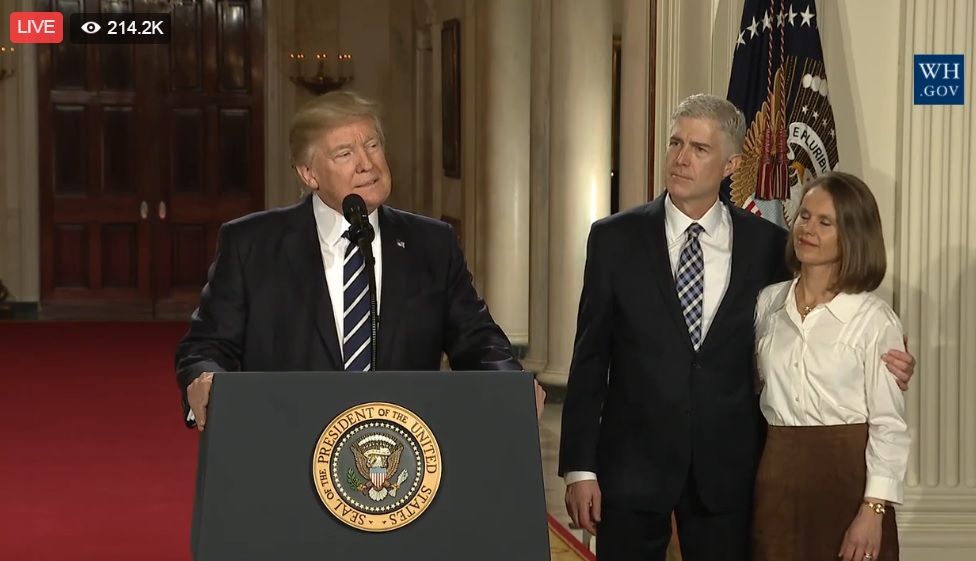
The U.S. Supreme Court on Monday upheld President Donald J. Trump’s right to impose travel restrictions to the United States on anyone he deems a national security threat, reversing several lower court decisions made by Obama-appointed activist judges who premised their decisions not on the law but on campaign statements.
The high court will allow the administration to ban, for 90 days, travel to the U.S. by persons from six terrorism-infested countries: Iran, Libya, Somalia, Sudan, Syria and Yemen. The court said the ban could be enforced provided that would-be travelers don’t have a “credible claim of a bona fide relationship with a person or entity in the United States.”
The court further agreed to hear oral arguments in the case when the justices reconvene in October after their traditional summer break.
In addition, a 120-day ban on refugees is also being permitted, albeit on a limited basis.
The Associated Press reported:
Three of the court’s conservative justices said they would have let the complete bans take effect.
Justice Clarence Thomas, joined by Justices Samuel Alito and Neil Gorsuch, said the government has shown it is likely to succeed on the merits of the case, and that it will suffer irreparable harm with any interference. Thomas said the government’s interest in preserving national security outweighs any hardship to people denied entry into the country.
That’s appropriate, given the actual language of the law and the president’s authority under Article II of the U.S. Constitution. (Related: Judiciary now attempting to nullify the presidential election with ridiculous ruling on Trump’s travel ban.)
Section 212(f) of the Immigration and Nationality Act of 1952 states: “Whenever the President finds that the entry of any aliens or of any class of aliens into the United States would be detrimental to the interests of the United States, he may by proclamation, and for such period as he shall deem necessary, suspend the entry of all aliens or any class of aliens as immigrants or nonimmigrants, or impose on the entry of aliens any restrictions he may deem to be appropriate.”
Further, under the Constitution’s Article II, Sect. II, clause, Trump — as commander-in-chief of the armed forces and head of the Executive Branch — has the authority to make national security policy for the country, and his executive orders were always couched in that authority, and by that very concern.
Yet, federal judges in the lower courts who continually struck down Trump’s orders did not rule on matters of constitutional presidential authority or statutory authority — they ruled on what Trump said during his campaign, claiming that because he sought to “ban” all Muslims, his orders were construed to be improper because they allegedly imposed religious restrictions.
For one, campaign statements are just that — campaign statements. They don’t form the basis for legal actions or legal opinions. And as noted above, by statute, presidents have wide latitude in deciding who can and who cannot come into the country. Trump did not “ban Muslims” because of their religion — he banned certain people from certain dangerous places from coming to the U.S., and only temporarily. But the fact is, had the president wanted to ban people based on religion, he could, as the language of the statute says he can “suspend the entry of all aliens or any class of aliens,” while imposing “by proclamation” “any restrictions he may deem to be appropriate.”
And of course, despite the fact that President Obama issued some of the very same “Muslim” travel bans, the disgustingly dishonest “mainstream” media has consistently sided with the far-Left federal courts, also claiming that Trump’s campaign rhetoric disqualified him from a key presidential duty and responsibility.
We always suspected the U.S. Supreme Court would restore sanity — and presidential authority — in this case, and we were correct. I predict right now that following October’s arguments, the high court will fully substantiate the president’s ultimate authority in this area of immigration law and policy.
J.D. Heyes is a senior writer for NaturalNews.com and NewsTarget.com, as well as editor of The National Sentinel.
Sources include:
Tagged Under: dishonest media, legal, President Donald J. Trump, presidential authority, Supreme Court, travel ban


